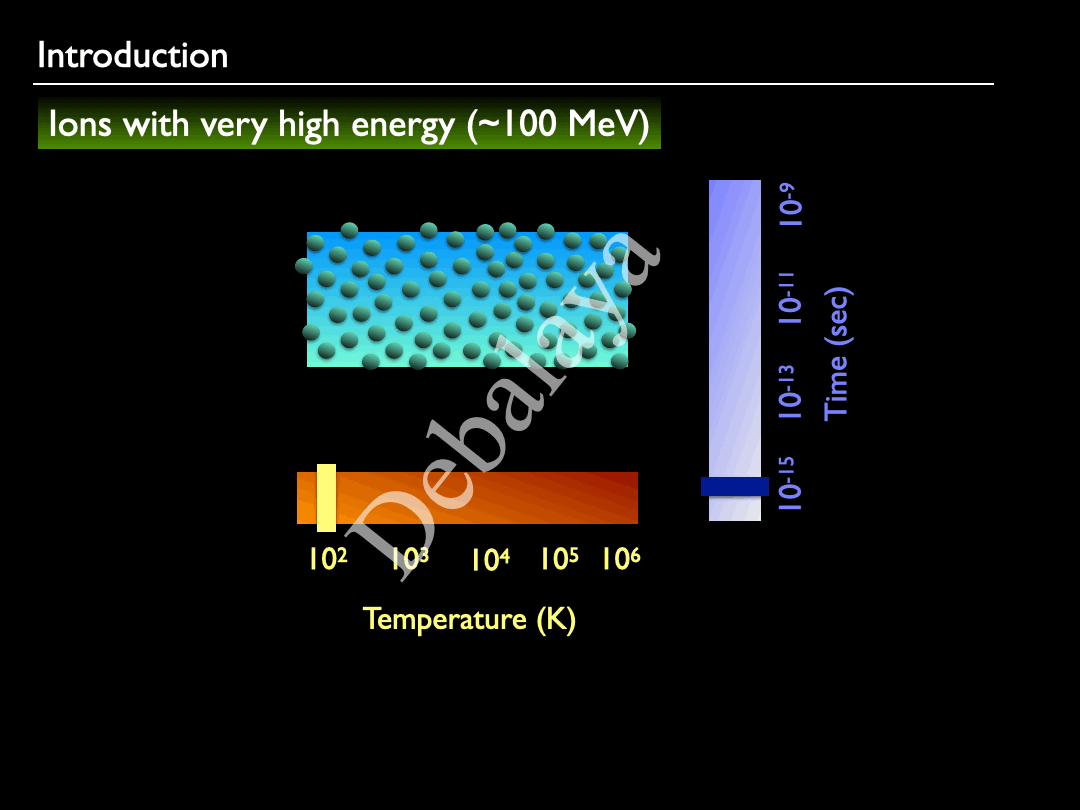Projects
Following are different research areas that I am currently working on or have worked on in past. If you are interested in any particular field, write to me! We can discuss and even collaborate! Even better! Join us to learn and explore state-of-the-art AI algorithms and computational/experimental techniques!
Scanning configurational spaces of complex materials with Machine Learning
PI: Dr. Debalaya Sarker

Using cluster expansion approach coupled with Metropolis Monte Carlo sampling, we scan configurational spaces of complex materials like Ruddlesden-Popper (RP) compounds or zeolites or alloyed metal surfaces etc. We highlight the effects of configurational changes for the same composition on electronic structure. The importance of statistical averaging of any observable viz. internal energy, electronic structure or experimentally realizable stable structures is demonstrated with the aid of detailed ab initio atomistic thermodynamics calculations.
Very close to my heart, this project demands highly motivated, hardworking students ready to explore the complexities of machine learning & ab initio thermodynamics with the aid of strong programming skills.



High-zT thermoelectrics for green energy applications
PI: Dr. Debalaya Sarker
The idea of sustainable energy harvesting through thermoelectric materials is contingent on finding nontoxic, earth-abundant yet stable materials. The “goodness” of a TE material is quantified with a dimensionless parameter viz. thermoelectric figure of merit ZT=σS^2T/κ; with σ, S and κ being the electrical conductivity, Seebeck coefficient and thermal conductivity respectively. ZT shall reach ≈2 for practical implementation of any TE material in real devices. Consequently a good TE material must possess significantly low κ yet moderately higher σ, which is the bottleneck of current TE research. Theory guided efficient experimental synthesis strategy is followed in our group to find new yet better TE materials.
We have recently got SERB Start-up Research Grant on this project. Join us to actively develop an in-house TE set-up and explore the fun of science!




Stable and active catalysts-search with Machine Learning

PI: Dr. Debalaya Sarker
The ever-growing demand of energy in present era has caused a huge surge in global temperature in last few decades. By using Machine learning (ML), trained with experimental and DFT datasets, we design efficient catalysts.
This project is supported by BRICS-STI. Highly motivated and dedicated students are encouraged to join this tri-country collaborative research venture to gather a global learning experience.



Ion irradiation induced macro/ micro-structural modifications in nano composites

BEST THESIS
IIT Delhi
PI: Dr. Debalaya Sarker
During my PhD, I have used swift heavy ion irradiation (SHII) and hydrogen plasma annealing to tune the local and electronic structure of Ni/FeCo nanoparticles embedded in silica matrix in an aim to maximize magnetic shape anisotropy and field emission properties. Utilizing cross-sectional-TEM, XPS, XANES, EXAFS, SAXS etc., we have shown how SHI modifies the microstructure of these nanocomposites, which in turn affects the macro-structural magnetism (SQUID measurements) and electrical properties (field emission measurements). During this period, I have written a code in MATLAB to quantify the thermal spike induced temperature rise in post-irradiated composites. This temperature profiles were later used for ab initio MD calculations to understand the effect of irradiation on electronic structural properties of nanoparticles. This project is very close to my heart as this was the beginnings of my research career. I have published seven 1st author papers during my PhD (corresponding author in four). My thesis has been awarded as the BEST THESIS 2017 from IIT Delhi. This work helped me bag several national and international awards including Best Oral talk in Research Scholar Day 2016 (IITD), AVS Nellie Yeoh Whetten Award (top most graduate student award) by American Vacuum Society, AVS Applied surface science division award along with many others.
While a major credit goes to my supervisors for this amazing success of my thesis work, I believe we can explore a lot more together in future.
Join me to explore the exciting avenue of ion-matter interaction and to unravel how SHI can improve material properties for various applications.





